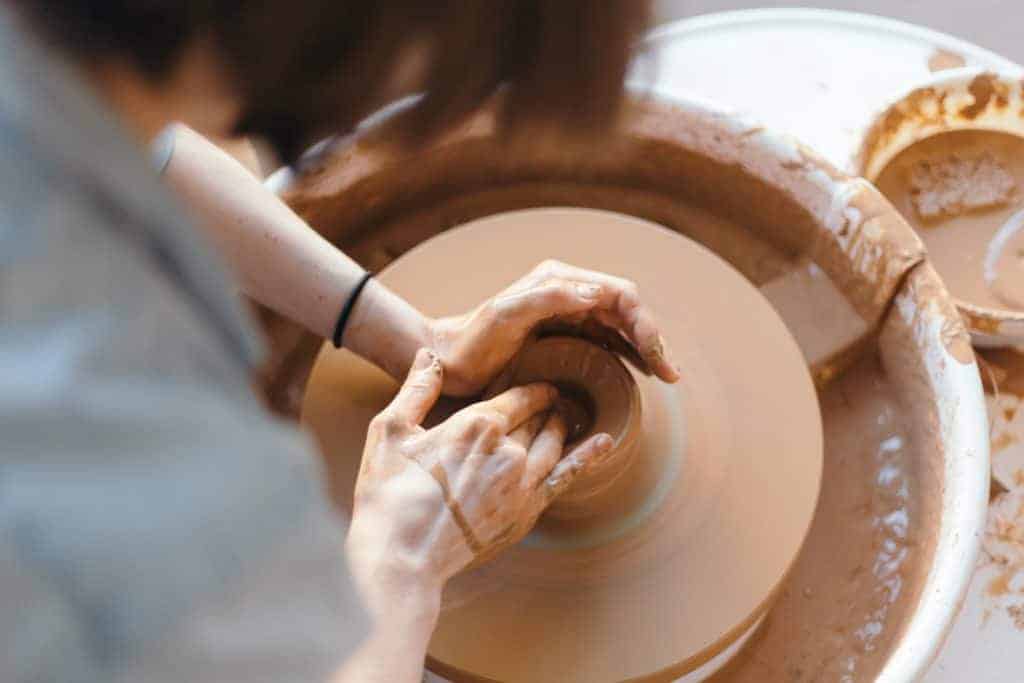If you’re not failing, you’re not learning. Yes, you need to fail to learn. “Why”, you may ask? Because failing means you tried something outside your comfort zone.
Failing means you tried something that you weren’t able to achieve, therefore, you need to get better at it. This is why failure can push our growth, and that’s what we’re talking about today. Here are the topics of this post:
- Wins Are Just Ego Boosters
- Why Failure Can Be the Trigger to Success
- If Your Practice Sounds Good, Then You’re Not Really Practicing.
- Quantity Over Quality
Let’s dive right in!

“I have not failed. I’ve just found 10,000 ways that won’t work.” – Thomas A. Edison
Wins Are Just Ego Boosters
Let’s say you scored an A in your test. What are your takeaways from this? “I know everything”, right? In a different scenario, you scored an F instead, which might lead you to study more and grow your knowledge.
Of course, this depends on the way you deal with failure, something we’ve talked about in the Mindset post and why having a growth mindset matters to your career. If you don’t know what this is, stop this post right now and read the Mindset post.
Anyway, wins are ego boosters that might lead you to a fixed perspective that “I’m really good and nothing takes me down”. That is the main danger of succeeding, which could lead you to overconfidence. The problem then comes when overconfidence leads you to stagnation since “why change a winning team?”.
Why Failure Can Be the Trigger to Success
I’m going to tell a personal story now. In 2018, I submitted three tracks at once to a label for their approval. Honestly saying, when starting them, my goal was to do something that worked before so I could be accepted again. In the end, all three were rejected at the same time and, indeed, they should have been.
This literally crushed me, especially because the feedback on the tracks were “All three songs are generic. They sound too similar to what is already out there”, and that’s it. Not only the crushing feedback itself, but how can you improve from this feedback? After some self thought, this only happened because I was too afraid to get out of my comfort zone.
Well, I went back to the studio and tried a lot of new things. I listened to so many tracks until I found the sound that I really liked. I even tried stepping out of my genre since what I was doing was not succeeding, which didn’t work as well. But, in the end, due to this failed experiment I came up with the idea for Gravity’s drop 1.
Right around the same time, I then listened to a Jerome Isma-Ae track, and I saw that he had a masterclass online. I got the masterclass and started a new track as a homework assignment because, as mentioned, I wanted to practice stuff out of my comfort zone. A couple hours later and DUST was born.
Lastly, my friend Paul Arcane sent me a collab for feedback on Nov 22nd, 2018, which I thought was amazing but I did have a clue on how the bassline was made. I studied how to do the bassline and changed it enough to do my track like that. Paul’s collab failed, so I invited him to be part of this new track, and LUX was born.
Looking back, what was crushing feedback turned out to be the best thing that could have ever happened to me. All these three tracks that I released in 2019 came from experiments that I would not have made if my templated songs had been accepted.
As J.K. Rowling says, “Failure is so important. We speak about success all the time. It is the ability to resist failure or use failure that often leads to greater success. I’ve met people who don’t want to try for fear of failing.”
If Your Practice Sounds Good, Then You’re Not Really Practicing.
Doing what you know is fun. It’s always nice to sit at the piano and start playing the song you know. It’s definitely a way to warm up, but when it comes to practice, you need to be failing.
Every time you sit down to write a new song, try to play one song or two that you have no idea how to. Possibly, they are in the same genre as what you’re trying to make, but the goal here is just to challenge ourselves to learn something new.
In addition to warming you up, this will help you understand the chord changes and structures in the other person’s track, which could help you later when creating your tracks. Lastly, and most importantly, it will take you out of your comfort zone, which is crucial for creativity to spark.
In December 2017, I went to a MET exposition in NYC about Michelangelo’s drafts and practices. There, they displayed all his drawings to his famous sculptures and, gosh, that guy practiced a lot.
What about if the arm was like this, now like that, now changing his leg to that position? That’s practice. A bunch of his imperfect drawings that later led him to his perfect sculptures. Below, you can watch Michael Jackson practice his moves and how practice makes small pieces of training be perfect when performing live.
Quantity Over Quality
“The ceramics teacher announced on opening day that he was dividing the class into two groups. All those on the left side of the studio, he said, would be graded solely on the quantity of work they produced, all those on the right solely on its quality.
His procedure was simple: on the final day of class he would bring in his bathroom scales and weigh the work of the “quantity” group: fifty pound of pots rated an “A”, forty pounds a “B”, and so on. Those being graded on “quality”, however, needed to produce only one pot – albeit a perfect one – to get an “A”.
Well, came grading time and a curious fact emerged: the works of highest quality were all produced by the group being graded for quantity. It seems that while the “quantity” group was busily churning out piles of work – and learning from their mistakes – the “quality” group had sat theorizing about perfection, and in the end had little more to show for their efforts than grandiose theories and a pile of dead clay.”
This story from the book Art & Fear by David Bayles and Ted Orland summarizes why we should practice a lot, fail a lot and seek constructive criticism to your work, regardless of the industry.
Those who are willing to fail more are the ones who will learn the most and will end up succeeding. Of course, succeeding feels really nice, but don’t let that ego boost kill the learner’s mentality in you because that is what will push you forward.

———————
Have you ever had a track you did as an experiment and later became one of your biggest tracks? Leave your experience in the comments section!